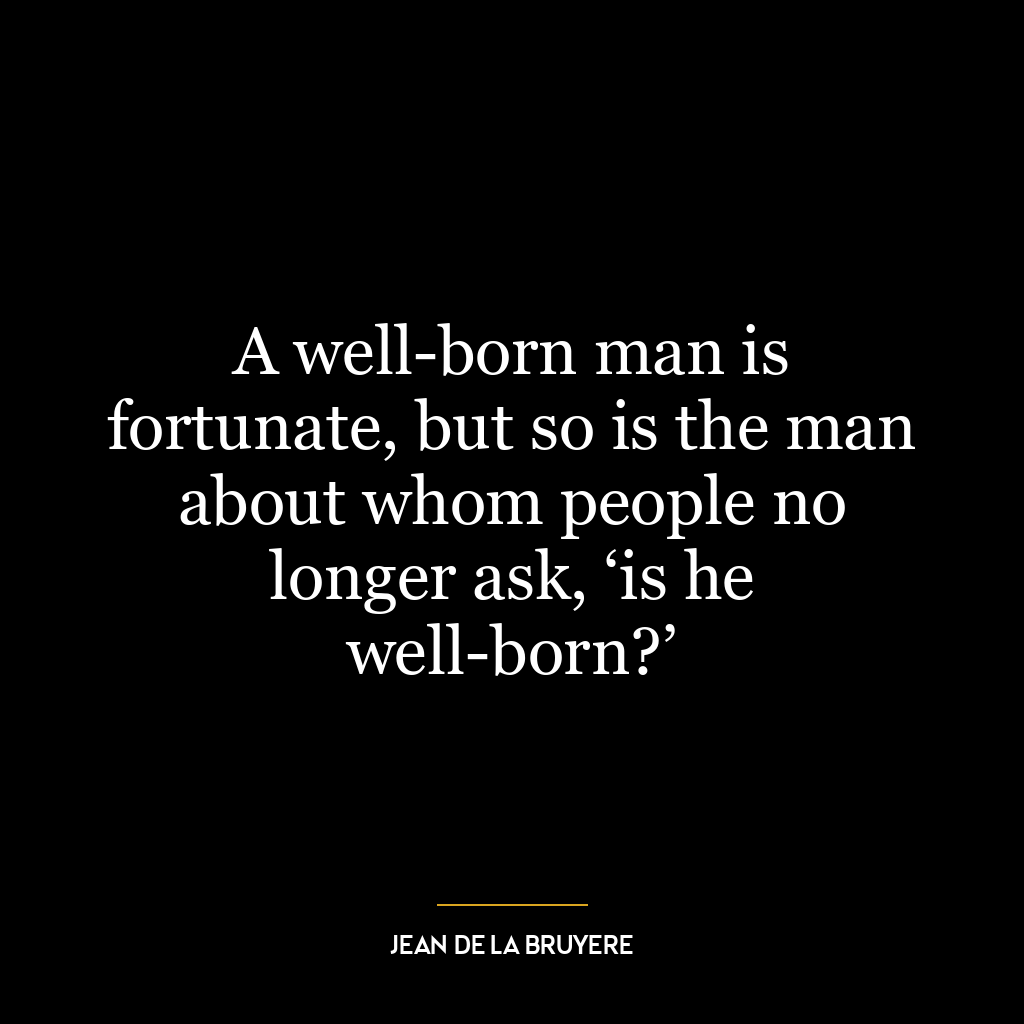Hinduism dies if untouchability lives, and untouchability has to die if Hinduism is to live.
This quote is a profound reflection on the inherent contradiction between the principles of Hinduism and the social practice of untouchability. Hinduism, at its core, preaches unity, equality, and respect for all life forms. Untouchability, however, is a discriminatory practice that creates divisions based on caste and birth. It contradicts the fundamental tenets of Hinduism by promoting inequality and disrespect.
When Gandhi says “Hinduism dies if untouchability lives,” he means that if such discriminatory practices continue to exist within society, it undermines the essence of Hinduism. If people continue to follow untouchability while claiming to be Hindus, they are effectively killing their religion because their actions stand in stark contrast to its teachings.
Conversely when he says “untouchability has to die if Hinduism is to live,” he implies that for true spiritual growth in line with the teachings of Hinduism – which promotes equality among all beings – practices like untouchability must be eradicated completely.
In today’s world or personal development context, this quote can be interpreted as a call against any form of discrimination or prejudice. Just like untouchability was an unjust system based on birth and caste in India; racism, sexism or any other form of discrimination are equally destructive practices in modern societies across the globe.
In terms of personal development this idea can serve as a reminder that true spiritual growth cannot coexist with prejudice or bigotry. One needs to shed biases based on race, gender or social status etc., treating everyone with equal respect and dignity for their own spiritual progress.
Therefore Gandhi’s words still resonate today – any belief system dies when it allows discrimination within its ranks; likewise it flourishes when it promotes inclusivity and equality amongst all individuals.








